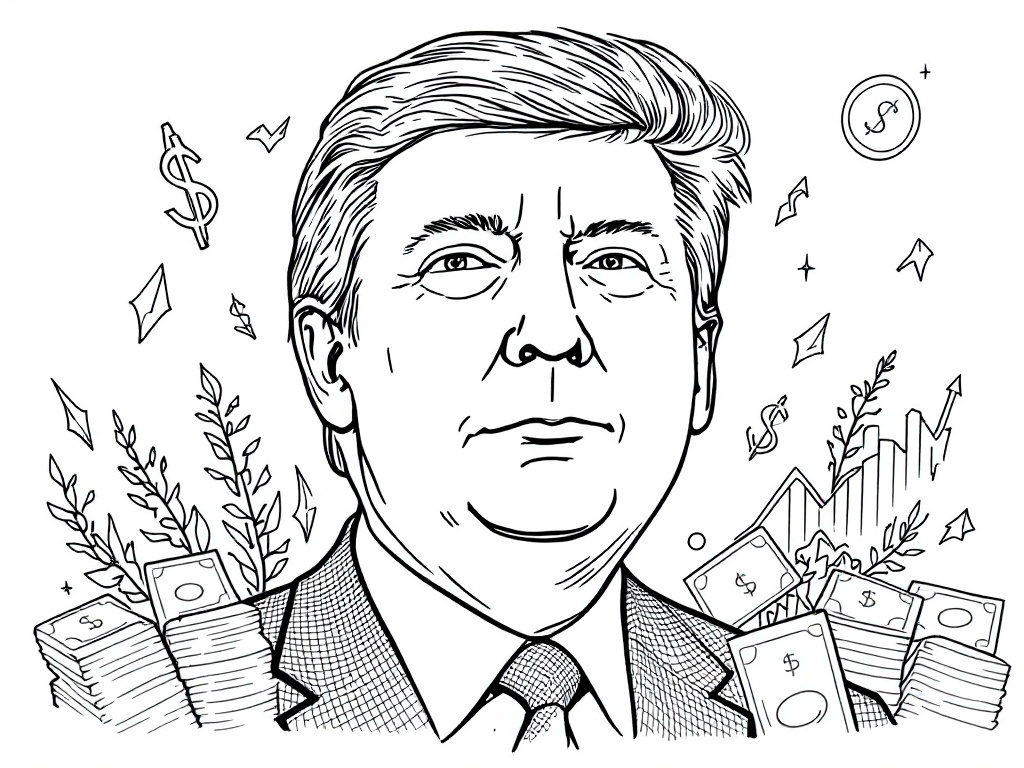Trump's Fed Nominee Faces Scrutiny Over Dual Roles

Washington, D.C., Thursday, 4 September 2025.
Stephen Miran, Trump’s Fed Board nominee, intends to keep his White House role if confirmed, raising concerns about Fed independence amid economic challenges.
Concerns Over Fed Independence
Stephen Miran, nominated by President Trump for the Federal Reserve Board, has stated his intention to maintain his role within the White House even if confirmed by the Senate. This dual role has sparked significant debate over the potential for conflicts of interest and the erosion of the Federal Reserve’s independence. Critics, including prominent Democratic Senators like Elizabeth Warren and Jack Reed, have voiced concerns that Miran’s ongoing connection to the White House could compromise his ability to make unbiased monetary policy decisions [1][2][3][4].
Senate Confirmation Hearing Highlights
During the Senate Banking Committee hearing on September 4, 2025, Miran faced tough questioning from both sides of the aisle. While Republicans largely supported his nomination, emphasizing his commitment to maintaining the Fed’s independence, Democrats were skeptical. They highlighted Miran’s previous criticisms of the Fed’s stimulus measures and his advocacy for giving the President more control over the central bank [2][5][6]. Miran assured the committee of his intent to uphold the Fed’s independence, stating, ‘I will act independently as the Federal Reserve always does’ [7].
Impact on Market Perception
The controversy surrounding Miran’s nomination comes at a critical time for the Federal Reserve, which is navigating complex economic challenges, including interest rate decisions and balancing employment with price stability. The perception of the Fed’s independence is crucial for maintaining market confidence. Analysts suggest that Miran’s dual roles could lead to volatility in financial markets if investors perceive his actions as politically motivated rather than data-driven [1][3][8].
Future Implications and Next Steps
Miran’s confirmation process is expected to be contentious, with a vote anticipated soon in the Republican-majority Senate Banking Committee. If confirmed, his term would last until January 31, 2026, allowing him to participate in significant upcoming monetary policy decisions, including the next Federal Reserve meeting on September 16-17, 2025. The outcome of his confirmation will likely influence the broader debate on the Fed’s independence and its ability to withstand political pressures [5][6][9].
Sources
- apnews.com
- www.cnbc.com
- www.nytimes.com
- www.politico.com
- thehill.com
- www.reuters.com
- nypost.com
- www.cnn.com
- www.cnbc.com